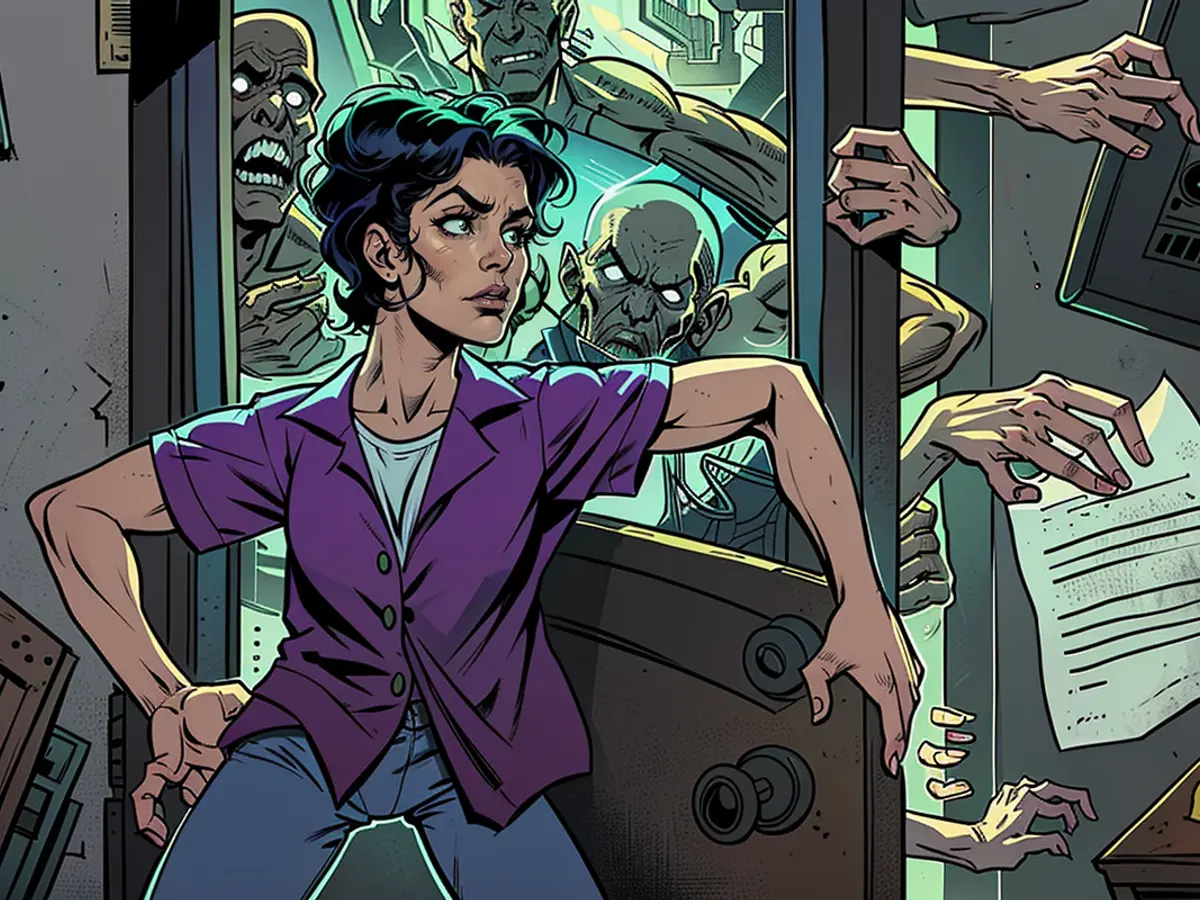What to Do If a 'Zombie Mortgage' Comes Back to Haunt You
Home prices are soaring, interest rates are at the highest point in more than a decade, and paying off a mortgage has never been easy. As if the the state of home ownership weren't bleak enough, recent surges in home values across the country has brought an unexpected and unsettling consequence: the rise of "zombie mortgages." These are old, unpaid home loans that many homeowners thought were long dead, but have now come back to life, haunting their present financial situation. Here's what to know about these so-called zombie mortgages, and what you can do to fight them.
What are zombie mortgages?
Zombie mortgages typically originate from the aftermath of the 2008 financial crisis. During that time, many banks chose not to complete foreclosure processes on defaulted loans due to the low value of properties and high costs associated with foreclosure. These loans were often charged off or seemingly abandoned. However, as property values have skyrocketed in recent years, debt collectors have begun reviving these dormant debts, seeking to capitalize on the increased equity in homes.
For homeowners, the sudden reappearance of these old debts can be shocking and financially devastating. Many find themselves facing large, unexpected bills for unpaid principal, interest, and fees that have accumulated over the years. This situation is particularly distressing for those who have worked hard to rebuild their lives and credit scores, only to be confronted with the specter of past financial troubles.
What to do if faced with a zombie mortgage
If you find yourself being "haunted" by a zombie mortgage, here are some steps you can take to protect yourself:
1. Don't ignore the issue. While it may be tempting to dismiss these claims as illegitimate, failing to respond could result in default judgments against you. Take any communication from debt collectors seriously.
2. Gather all relevant documentation. Collect any paperwork related to the original loan, foreclosure proceedings, and subsequent communications. This information will be crucial in determining the validity of the debt and your potential liability.
3. Request a detailed accounting. Ask the debt collector for a comprehensive breakdown of the claimed debt, including principal, interest, and fees.
4. Seek legal counsel. Consult with an attorney who specializes in foreclosure and debt collection issues. They can help you navigate the complex legal landscape surrounding zombie mortgages and advise you on the best course of action.
5. Check the statute of limitations. Be aware of the time limit for debt collection in your state. If the statute of limitations has expired, you may have grounds to have the case dismissed.
6. Know your rights. Familiarize yourself with the Fair Debt Collection Practices Act (FDCPA), which prohibits debt collectors from using abusive, unfair, or deceptive practices. If you believe a collector has violated this act, you can file a complaint with the Consumer Financial Protection Bureau.
7. Consider negotiation. In some cases, you may be able to negotiate a settlement for a fraction of the claimed amount. Your attorney can help you determine if this is a viable option.
8. Investigate the chain of title. Sometimes, the ownership of these old loans can be unclear. Request that the debt collector provide clear evidence of their right to collect on the debt.
9. Be cautious about making payments. Making even a small payment on an old debt can sometimes restart the statute of limitations clock. Consult with your attorney before making any payments.
10. Stay informed about your credit report. Regularly check your credit report to ensure that zombie debts aren't being improperly reported.
For those currently struggling with mortgage payments, it's crucial to be proactive to avoid potential foreclosure and the creation of a future zombie mortgage. Reach out to your lender to discuss options such as loan modification, forbearance, or refinancing. Many lenders offer hardship programs that can help you avoid defaulting on your loan.
- Despite the current high interest rates and soaring home prices making mortgage payments challenging, some homeowners might be surprised to discover that they have been affected by the resurfacing of 'zombie mortgages', which are old, unpaid home loans that have now come back to life.
- If you're unsure about how to tackle the financial burden of a 'zombie mortgage', it's essential to seek professional advice from a lawyer specializing in foreclosure and debt collection issues. They can help you understand your rights, negotiate with collectors, and ensure that your credit report is accurate and up-to-date.








